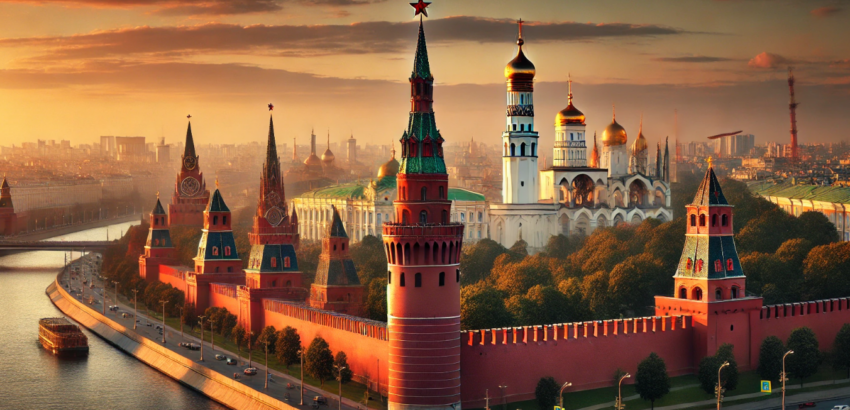| Listen to our audio presentation: History of the US Supreme Court |
Tensions in the Russia-Ukraine war escalated further this weekend as Russian officials, including former Prime Minister Dmitry Medvedev, issued renewed threats of nuclear retaliation. Medvedev, a close ally of Russian President Vladimir Putin, warned that Russia’s patience was running thin and that a nuclear response was a “hugely complex decision with irreversible consequences,” as reported by Newsweek. The statement, made via Telegram, emphasized that Moscow’s restraint should not be taken for granted by the West.
- Dmitry Medvedev, a close ally of Putin, warned that Russia’s nuclear response would have “irreversible consequences” as tensions escalate in the Ukraine war.
- Russian officials have threatened the destruction of Kyiv if Ukraine uses long-range missiles deep inside Russian territory.
- Moscow views Western support for Kyiv as nearing direct NATO involvement, raising the stakes for potential conflict escalation.
- U.S. President Biden and UK Prime Minister Starmer recently discussed allowing Ukraine to use long-range missiles but made no final decision.
- Ukraine continues to push for permission to strike Russian military facilities, arguing it will help end the war more quickly.
Since Russia’s full-scale invasion of Ukraine in February 2022, the Kremlin has repeatedly hinted at the possibility of using nuclear weapons. These threats have been issued in response to increased Western support for Kyiv, particularly from NATO countries. The North Atlantic Treaty Organization (NATO) has warned that direct confrontation with Moscow could become a reality if tensions continue to rise. Despite these warnings, Ukrainian officials, led by President Volodymyr Zelensky, have maintained that the supply of Western arms, including long-range missiles, is crucial to their efforts to reclaim occupied territories.
A significant point of contention is Ukraine’s push to use Western-supplied long-range missiles deeper within Russian borders. As the New York Post reported, Russian Deputy Foreign Minister Sergey Ryabkov recently threatened a severe escalation if Western nations permit Kyiv to strike Russian targets. He described the situation as nearing a point of no return, adding that Moscow would retaliate in a manner that “will not be pretty.” Medvedev has gone even further, suggesting that Russia could wipe Kyiv off the map using both nuclear and non-nuclear weapons.
The backdrop to these threats is ongoing discussions between Western leaders, particularly the United States and the United Kingdom, about relaxing restrictions on Ukraine’s use of long-range missiles. During a recent foreign policy summit in Washington, U.S. President Joe Biden and British Prime Minister Keir Starmer explored whether to allow Kyiv to target military facilities deep within Russia. However, as USA Today noted, no definitive policy change has been announced yet, despite Ukraine’s insistence that such strikes would help end the war.
Ukrainian officials argue that key Russian military installations—such as weapons depots and airfields—are integral to Russia’s continued aggression. Andriy Yermak, a senior adviser to President Zelensky, echoed this sentiment, saying, “Terror can be stopped by destroying the military facilities where it originates,” as Reuters reported. Ukraine continues to press its Western allies to provide authorization for strikes that could significantly impact Russia’s war capabilities.
Meanwhile, the Kremlin has seized on these debates to bolster its narrative that NATO’s involvement in Ukraine could lead to a full-blown global conflict. Putin has repeatedly framed any long-range missile strikes as NATO’s direct participation in the war, which would, in his view, justify extreme retaliatory measures.
The latest round of nuclear warnings from Russian officials underscores the fragility of the situation. With each side entrenched in its position, the prospect of unchecked escalation, including the use of nuclear weapons, looms larger than ever. The world watches closely as decisions made in Washington, London, and Moscow could have irreversible consequences for global security.

